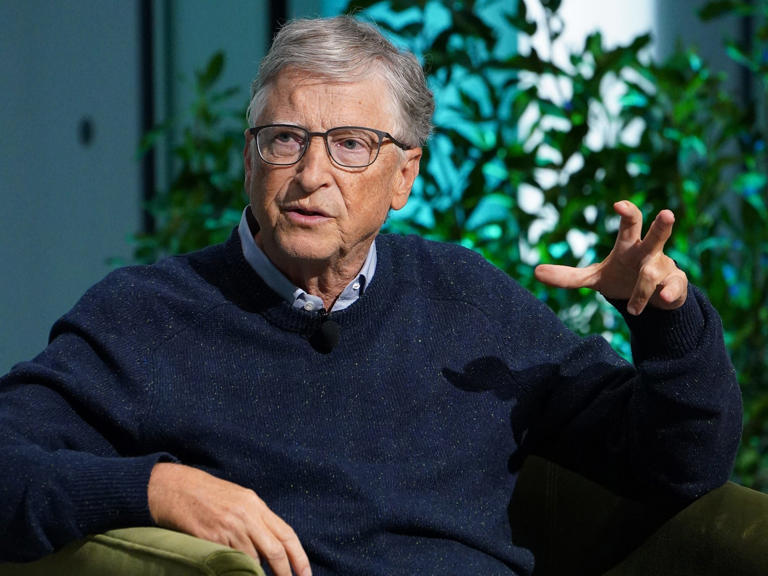Key Takeaways:
- Bill Gates, a staunch advocate for artificial intelligence (AI), acknowledges its potential while remaining mindful of its limitations.
- While AI demonstrates remarkable effectiveness in certain tasks, it also exhibits weaknesses that are becoming more apparent over time.
- Gates underscores the importance of having high-quality data that encapsulates expertise for current AI models to perform optimally.
- The availability of comprehensive and relevant data is a critical determinant of the effectiveness of AI applications.
- Gates’ perspective highlights the need for a balanced approach to AI development, acknowledging both its capabilities and limitations.
Bill Gates, a long-time thinker on artificial intelligence (AI), has emerged as one of its foremost advocates, actively engaging with his former company, Microsoft, to provide insights on product development. Despite the strides made in AI, there is a growing recognition of its limitations. Gates, in an interview with Dax Shepard on the Armchair Expert podcast, noted his firsthand experience with both the strengths and weaknesses of AI. While it has shown promise in sectors like pharmaceuticals and agriculture, Gates remains critical of its performance in certain areas, such as Sudoku, where it struggles with recursive reasoning.
He emphasizes the importance of understanding that current AI models are not magical solutions but rather expedite well-documented tasks humans perform slowly. The crucial factor, according to Gates, is having access to data that embodies expertise. For instance, AI can significantly aid in improving forecasting models for crop yields by leveraging experts’ knowledge on nitrogen levels’ impact. However, complex human-centric questions like happiness or relationship satisfaction pose significant challenges for AI, as they are difficult to quantify and predict.
Gates acknowledges the potential role of AI in mental counseling but underscores the need for caution and extensive research in this area. The integration of AI into such sensitive domains requires thorough groundwork, highlighting the ongoing work needed to leverage AI’s benefits effectively while navigating its limitations.
Despite its advancements, current AI models face challenges in handling complex mathematical tasks, such as Sudoku puzzles, where recursive reasoning is required. Bill Gates pointed out that AI often lacks the ability to check its answers and may incorrectly attribute mistakes to “mistyping,” displaying a somewhat human-like response. Despite these limitations, Gates remains optimistic about AI’s potential and believes that these hurdles should not deter efforts to harness its benefits for humanity.
Gates acknowledges that realizing AI’s full potential will require ongoing efforts to address its limitations. However, he emphasizes that the potential benefits for humanity outweigh the challenges. While recognizing differing opinions on AI’s development, Gates doesn’t envision a scenario where the world collectively agrees to halt or reverse AI’s progress. He envisions a future where some regions fully embrace AI while others adopt a more cautious approach, akin to deciding between modern technology and traditional methods like using a buggy.
